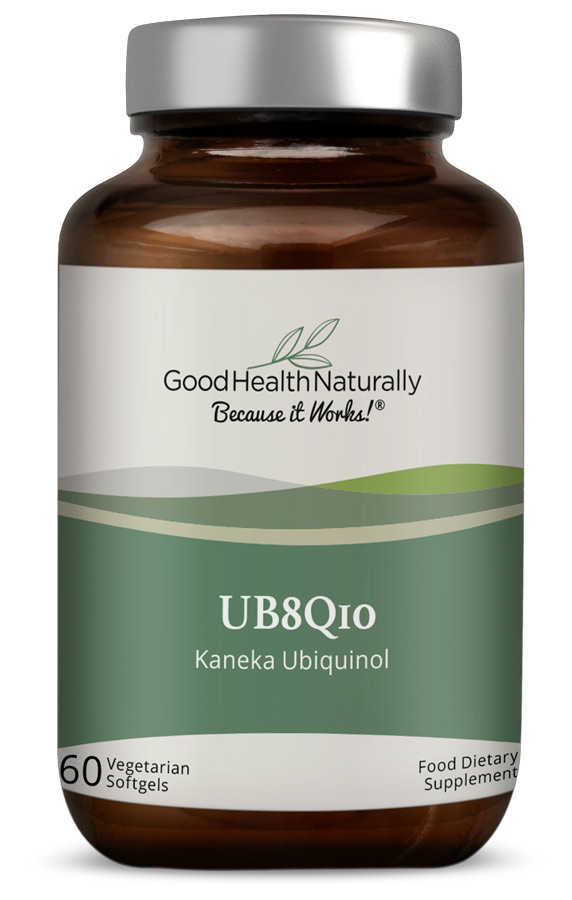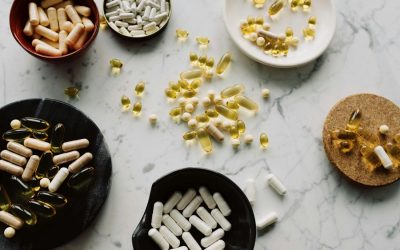For many couples, the journey to conception can present challenges, especially as age and lifestyle factors influence fertility. One of the key contributors to declining fertility is oxidative stress, a condition where damaging free radicals overwhelm the body’s natural antioxidant defences. Emerging research shows that ubiquinol, the active form of Coenzyme Q10, plays a vital role in supporting reproductive health by protecting eggs and sperm at the cellular level.
This article explores the relationship between ubiquinol and fertility, highlighting how this powerful antioxidant supports mitochondrial function, reduces oxidative stress, and may improve outcomes for both men and women preparing for conception.
Understanding Fertility Challenges and Oxidative Stress
Oxidative stress occurs when there is an imbalance between harmful free radicals and the body’s ability to neutralise them with antioxidants. In reproductive health, this imbalance can significantly impact the quality of both eggs and sperm.
For women, oocytes (eggs) are particularly vulnerable due to their high energy requirements and reliance on healthy mitochondria, the cell’s energy producers. Mitochondrial dysfunction caused by oxidative stress leads to diminished egg quality and reduced chances of conception, especially as women age.
In men, oxidative stress can impair sperm motility, morphology, and overall viability, contributing to subfertility or infertility. Research increasingly supports antioxidants like ubiquinol as essential agents in neutralising free radicals and preserving the integrity of reproductive cells.
What is Ubiquinol?
Ubiquinol is the reduced, active form of Coenzyme Q10 (CoQ10), a compound naturally present in almost every cell in the body. Unlike ubiquinone, the oxidised form, ubiquinol is readily bioavailable and functions as a potent lipid-soluble antioxidant. It is highly concentrated in mitochondria, the cellular organelles responsible for energy production.
Mitochondria generate the energy required for numerous cellular processes through the production of adenosine triphosphate (ATP). Given that reproductive cells such as oocytes and spermatozoa demand high energy levels, mitochondrial efficiency is critical for maintaining fertility. Ubiquinol supports this process by neutralising free radicals that cause oxidative damage and by enhancing ATP synthesis, thereby preserving cellular function and viability.
Kaneka Ubiquinol® is a well-researched, bioidentical form of ubiquinol widely used in clinical studies, known for its high purity and absorption profile. Its superior bioavailability makes it an ideal candidate for supplementation, particularly in individuals over 35 or those with certain health conditions affecting CoQ10 conversion.
Ubiquinol and Female Fertility
Mitochondrial Function in Oocytes
As women age, the decline in oocyte quality and ovarian reserve is closely linked to increased oxidative stress and mitochondrial dysfunction. Oocytes require substantial energy to mature and develop properly, and compromised mitochondrial function can lead to poor egg quality and reduced fertility.
Clinical Evidence of Ubiquinol Benefits
Ubiquinol supplementation supports female reproductive health by enhancing mitochondrial function and protecting cells from oxidative damage. Clinical research indicates that ubiquinol can enhance mitochondrial activity within oocytes, thereby increasing the energy available for egg maturation.
Impact on Assisted Reproductive Technologies (IVF)
Furthermore, several studies have reported improved outcomes in assisted reproductive technologies, such as in vitro fertilisation (IVF), after CoQ10 supplementation. These include an increase in the number of high-quality oocytes retrieved, better embryo quality, and higher clinical pregnancy rates, particularly in women with diminished ovarian reserve or advanced maternal age.
By mitigating the excess reactive oxygen species (ROS) that contribute to cellular ageing, ubiquinol helps maintain the integrity of reproductive cells, potentially extending the fertile window and improving chances of conception.
Ubiquinol and Male Fertility
Effects on Sperm Parameters
Oxidative stress also impacts male fertility by damaging sperm DNA, reducing motility, and altering morphology, factors essential for successful fertilisation. Mitochondria in sperm cells supply the energy necessary for motility, and their impairment can severely affect sperm function.
Ubiquinol supplementation has been shown to improve multiple sperm parameters. Clinical trials have reported increases in sperm motility of up to 26%, sperm count of up to 53%, and improvements in sperm morphology of approximately 19%. These benefits are attributed to ubiquinol’s dual role as a mitochondrial energy enhancer and powerful antioxidant.
Hormonal Balance and Fertility
In addition to improving sperm quality, ubiquinol may positively influence hormonal balance by affecting serum testosterone and other reproductive hormones, further supporting male reproductive health.
Clinical Studies Supporting Ubiquinol and Fertility
Such evidence suggests that ubiquinol supplementation can be a valuable strategy in addressing male infertility, especially when oxidative stress and mitochondrial dysfunction are involved.
 How to Use Ubiquinol for Fertility Support
How to Use Ubiquinol for Fertility Support
Recommended Dosages
While research is ongoing, typical dosages used in clinical studies range from 100 to 300 mg of ubiquinol daily, taken consistently over several months to support reproductive health.
Choosing Quality Supplements
Selecting a high-quality supplement is essential, and Kaneka Ubiquinol is a trusted choice due to its purity and bioavailability.
As with any supplementation, consulting a healthcare professional before beginning ubiquinol is recommended, ensuring dosage and timing suit individual health needs.
Complementary Lifestyle Practices
Complementary lifestyle approaches such as a nutrient-rich diet, regular physical activity, stress management, and minimising exposure to environmental toxins can further enhance the benefits of ubiquinol supplementation.
Final Thoughts on Ubiquinol and Fertility
The relationship between ubiquinol and fertility is supported by growing scientific evidence demonstrating ubiquinol’s ability to reduce oxidative stress and improve mitochondrial function, two crucial factors in reproductive health. By supporting cellular energy production and protecting reproductive cells from oxidative stress, ubiquinol may enhance egg and sperm quality, offering hope to couples struggling to conceive.
Integrating ubiquinol supplementation as part of a broader preconception health strategy, alongside professional medical guidance and healthy lifestyle practices, may optimise fertility outcomes and support individuals on their path to parenthood.
References:
https://pubmed.ncbi.nlm.nih.gov/29587861/
https://www.kanekanutrients.com/kaneka-ubiquinol/preconception/
https://pubmed.ncbi.nlm.nih.gov/32583356/
https://www.nutraingredients-usa.com/News/Promotional-features/Ubiquinol-supplementation-for-preconception-and-reproductive-health/




